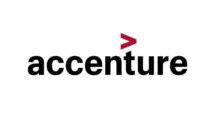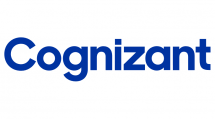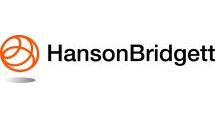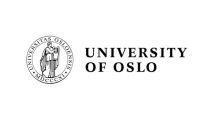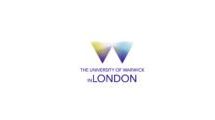Future of Patient Data
It is clear that we are witnessing a growing revolution around the provision of healthcare. In the main this is being driven by the proliferation of medical data and the technology that supports this. As the pressures on existing healthcare providers continue to escalate, the better collection, management and use of more patient-specific information provides a significant opportunity for innovation and change. In the winter of 2017/18 the Future Agenda team made this the focus of our latest Open Foresight project and this led us to hold 12 discussions across 11 countries and gather outlooks from over 300 experts.
During these discussions there was near universal agreement that there are significant opportunities to be explored and, within this, few are blind to the challenges ahead. Better diagnosis, the ability to manage or delay the onset of chronic conditions, driving cost reductions and enabling greater, more personalised patient focus are just some examples of the upsides. However, at the same time, concerns were raised around the difficulty of integration of multiple datasets, the need to improve trust amongst all parties, the complexities of data ownership and in ensuring the overall security of personal information.
It is also noticeable that there are several important emerging issues that are the source of major differences of opinion around the world. How to best accommodate rising data sovereignty concerns, the privatization of health information and the growing value of health data are just three examples.
Some of the challenges and opportunities are technical in nature, but many are concerned with different ethical, philosophical and cultural approaches to health and how we treat the sick in society. We suggest that these, in particular, can best be solved through the provocation of thoughtful debate and by the collaborative sharing of views across multiple regions and sectors.
As with all Future Agenda projects we have done our best to engage with many different and alternative voices in different geographies and are delighted that so many leading organisations have supported this approach. We hope that this document is an accurate reflection of what we heard and, that by sharing the observations, it generates new ideas and inspires different approaches to solve some of the future challenges and so improve healthcare.
